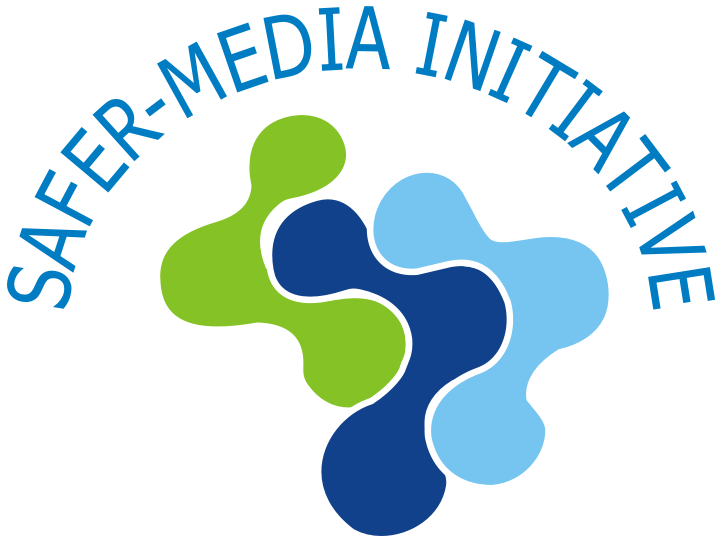ABUJA, May 2, 2025 — Nigeria has dropped 10 places to rank 122nd out of 180 countries in the 2025 World Press Freedom Index, as mounting censorship, violence, and economic challenges continue to erode journalistic independence.

The Safer-Media Initiative (SMI), a media support organisation, raised alarm over the decline on Friday, noting that the worsening ranking by Reporters Without Borders highlights the growing tension between editorial independence and financial survival.
Speaking ahead of World Press Freedom Day, SMI Executive Director Peter Iorter said:
“While physical attacks on journalists are often the most visible threats, economic pressure poses an equally dangerous and more insidious challenge. Many media houses now make editorial choices driven by financial survival rather than journalistic values.”
Iorter pointed out that the economic indicator in the 2025 index had reached a critical low, reflecting a severe strain on media operations. “These financial hardships have led to increased self-censorship and dependence on external funding, compromising editorial integrity under the influence of media owners and advertisers,” he said.
He warned that press freedom—an essential pillar of democracy—is increasingly at risk in Nigeria, as journalists face escalating threats and restrictions.
A recent SMI survey of 100 Nigerian journalists revealed that 75% expressed serious concerns about their personal safety, citing instances of intimidation, arrest, and threats to their families. Despite the risks, many remain determined to hold the powerful accountable.
One journalist, who requested anonymity, said: “The rising intimidation, arrests, and threats are alarming, but many of us are still committed to telling the truth.”
The survey found that 74% of journalists had experienced violations in the past year, including: Physical assaults – 42 cases, Unlawful arrests – 38 cases, Detentions or imprisonment – 30 cases, Cyber harassment – 47 cases, Threats to life – 50 cases and Denial of access to information/events – 52 cases.
Respondents identified security forces (implicated in 58 cases) and political thugs (40 cases) as the main perpetrators.

More than half (52%) of the journalists said they were denied access to cover protests or political events, often due to restrictions imposed by security agencies or government officials.

Additionally, 66% of respondents said that existing legal protections are inadequate. Although the Nigerian constitution guarantees press freedom, vague and repressive laws continue to be used to silence critical voices.
SMI called for urgent reforms to protect journalists and uphold press freedom in Nigeria, warning that the current trend threatens the very foundation of democratic governance.
